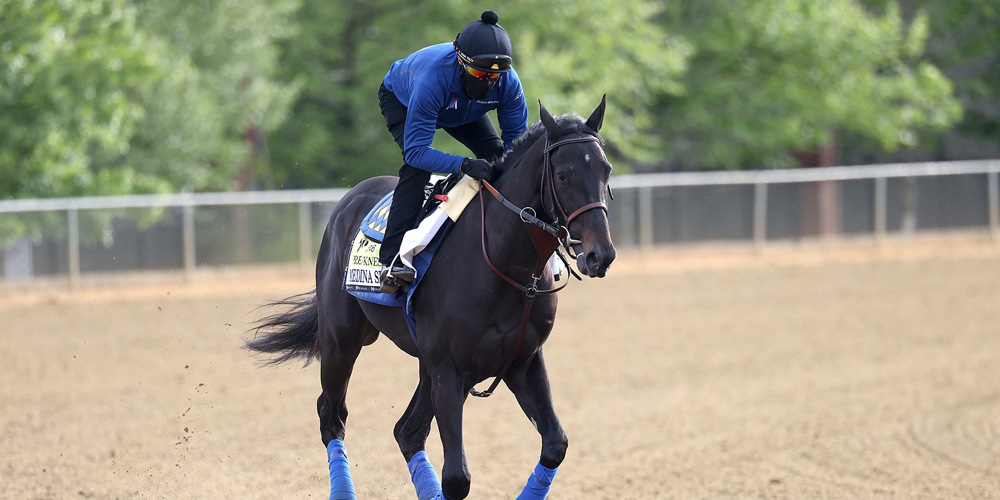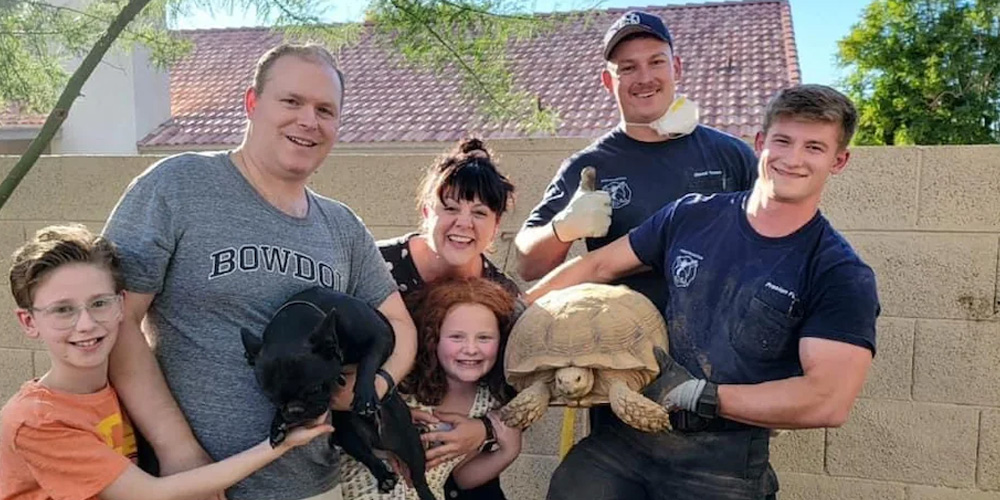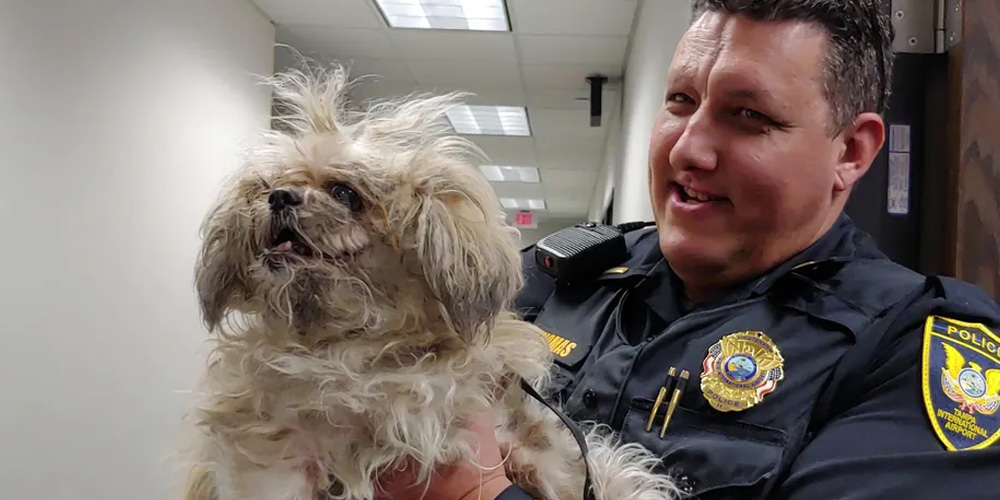Medina Spirit, the recent Kentucky Derby Horse Race winner tragically passed away whilst training on the morning of Monday 6th December. According to her trainer, Bob Baffert’s, lawyer, the death was the result of a heart attack following a workout.
Medina Spirit has also previously been embroiled in a scandal after failing a drug test following the 2020 race.
In May of this year, Medina Spirit succeeded in winning the Kentucky Derby an entire half-length ahead of her competitors with jockey, John Velazquez. The $3 million Rune for Ruses win was the seventh in a row for trainer Bob Baffert.
The three-year-old horse had been working out with his trainer at Santa Anita Park when he collapsed shortly thereafter. Baffert recently released a statement to Reuters expressing his sadness for what has happened, and explaining the circumstance through which the death occured.
“Medina Spirit was a great champion, a member of our family who was loved by all, and we are deeply mourning his loss.” the statement goes on to say. “My entire barn is devastated by this news. I will always cherish the proud and personal memories of Medina Spirit and his tremendous spirit.”
News outlets reached out to Medina Spirit’s owner Amr Zedan of Saudi Arabia, however, he could not be reached through his lawyer immediately following the announcement.
Thoroughbred Daily News also reported the dark colt’s death with a comment from Zedan. In this report, Zedan has stated, “all I can say is that he gave us the ride of our lives and brought everyone together. We are mourning this loss, Bob (Baffert), myself, Johnny (Velazquez), and our team, as well. We are all very sad.”
Baffert, who has managed to successfully gain a reputation as one of the best horse trainers in the world, has recently come under scrutiny. Over recent years it has been discovered that some of the horses in Baffert’s stables have tested positive for banned performance-modifying substances.
Madina Spirit’s failed drug test after the 2020 Kentucky Derby registered 21 picograms of betamethasone in his post-race sample. This is over the legal limit for Kentucky racing. As a result, Baffert earned himself a two-year suspension from racing at Churchill Downs.
Despite the report of a positive test in the Kentucky Derby, Medina Spirit had been allowed to race in the Preakness Stakes in mid-May and came away with third-place. However, he was banned from racing in the Belmont Stakes, which was the final race of United States thoroughbred racing’s Triple Crown.
Earlier this year Baffert released a statement to say that the positive test result from Medina Spirit was actually the result of an anti-fungal ointment used to treat dermatitis, called Otomax. One of Amr Zedan’s attorneys later confirmed this to be true following a split sample test which confirmed the presence of a prohibited substance as a direct result of the ointment in question, not an injection.
An activist from the established anti-horseracing organization Horseracing Wrongs, Patrick Battuelo, spoke with the New York Post on the matter of training horses at such a young age, explaining that horses do not reach full maturity until the age of six years, with their neck and back being the last thing to stop developing. However, racing horses begin intensive training at 18-months-old and often launch into their first race at two years of age.
Dr. Kraig Kulikowski, an equine veterinarian, testified before the New York State Senate in 2019, with the following comment on the horseracing healthcare system:
“The racetrack healthcare environment is one of lawlessness on multiple levels…the question is never, ‘What is the right thing to do?’ but ‘What can we get away with?’”
He also explained to the senate that horse trainers with absolutely no equine medical experience or training are able to overrule veterinarians on important matters of equine healthcare as an industry standard.
Furthermore, research released by Horseracing Wrongs, found through the use of Freedom of Information requests, has displayed the severity of the situation, with an average of six racehorses dying daily (over 2,000 every year). The Horseracing Wrongs organization is working towards a ban on horse racing nationwide as quickly as possible.
The California Horse Racing Board has responded to the death of Medina Spirit with a promise of a toxicology test and examination being carried out by a lab run by the University of California, in order to confirm the legitimacy of the heart failure claim.







